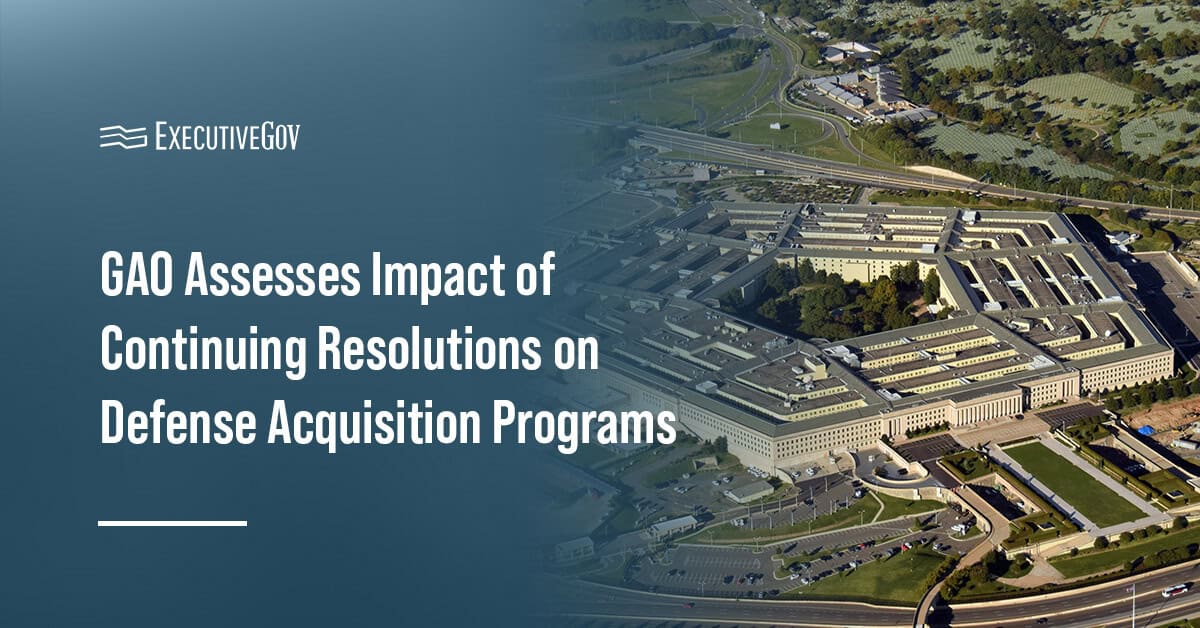The General Services Administration (GSA) will roll out its two-phase effort to combine the legacy System for Award Management (SAM) portal with the beta SAM.gov website this spring.
Phase One of the modernization effort will begin on April 26 in preparation for the full migration and consolidation of both integrated award environments (IAE), GSA said Monday. Phase Two will take place on May 24 and result in the transition of the new SAM.gov from its beta phase.
The updated IAE portal will include features for identifying contract opportunities and visualizing wage determinations under a single log-in.
Launched in 2017, the beta SAM website was initially envisioned to consolidate 10 IAE systems. Three systems have transitioned operations to the beta portal to date, according to GSA. GSA plans to hold a walkthrough of the new portal in May.





